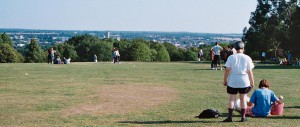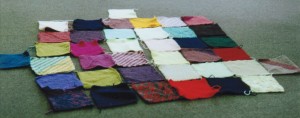The word open seemed to keep cropping up this week, maybe it’s because I’ve been looking out for an ‘o’ for this blog post.
I was at a Kindlers’ workshop ‘fruits of the Spirit’ last Saturday, making some notes as part of the process and the word ‘open’ occurred repeatedly. Early in the day we were asked several questions, with the opportunity to make brief notes of our responses, and then to share as much as we wished to with another member of the group.
‘When did you feel affirmed?’ we were asked. ‘When really listened to. Listening well requires openness from the listener (and the sharer)’, I noted.
‘What does hope feel like in the body?’ My quick response was ‘relaxed, open’. Someone else offered ‘ready to sing’.
‘How have you cultivated the qualities of the Spirit in your life?’ we were asked. ‘Listening, practising, responding, being open’ I noted.
We also considered what we meant when we use gardening metaphors for growing the fruits of the Spirit. In looking at what it may mean to wait for fruition and harvest, it was suggested by members of the group that we need to:
be open to the process of growth;
recognise that we can’t achieve perfection (there will be some bad apples as well as some sound ones);
recognise the fruits wherever we find them (the blackberry in the hedgerow is as good a blackberry as the one from the plant in the garden);
acknowledge the results in ourselves and others (the potatoes have done really well, but we need to think again about how we protect the lettuces).
As I thought about openness and being open during the course of the week, I remembered several references in Advices and Queries:
Are you open to the healing power of God’s love?
Are you open to new light, from whatever source it may come?
As we wait patiently for divine guidance our experience is that the right way will open and we shall be led into unity.
When experiencing great happiness or great hurt we may be more open to the working of the Spirit.
It was also the week for my monthly reading and consideration of the five mindfulness trainings, and I particularly noticed:
I will cultivate openness, non-discrimination, and non-attachment to views in order to transform violence, fanaticism, and dogmatism in myself and in the world.
As I prepare to go to Yearly Meeting Gathering next weekend, it comes to me that I need to be open to what that will bring, what others will bring to it, what I can offer. I need to be:
open minded
open handed
open hearted
open spirited













